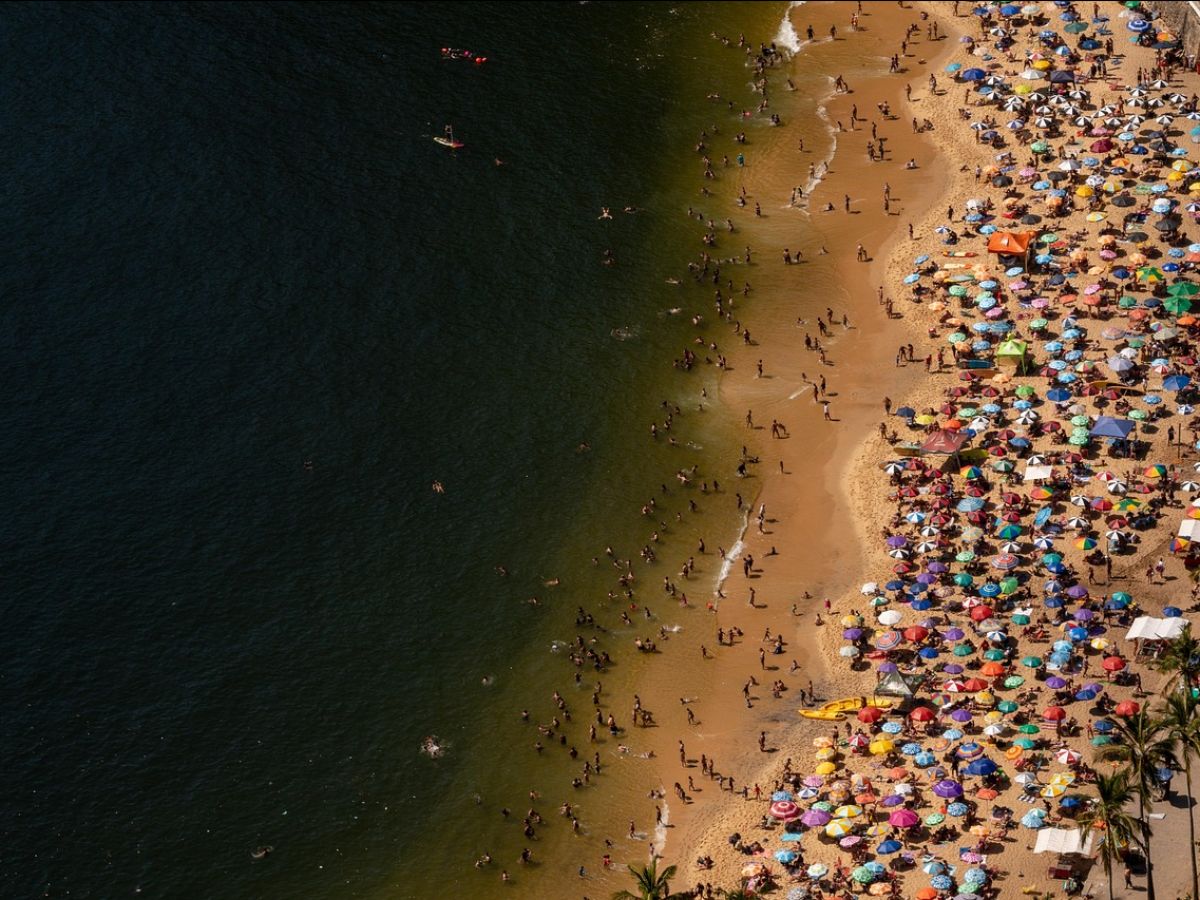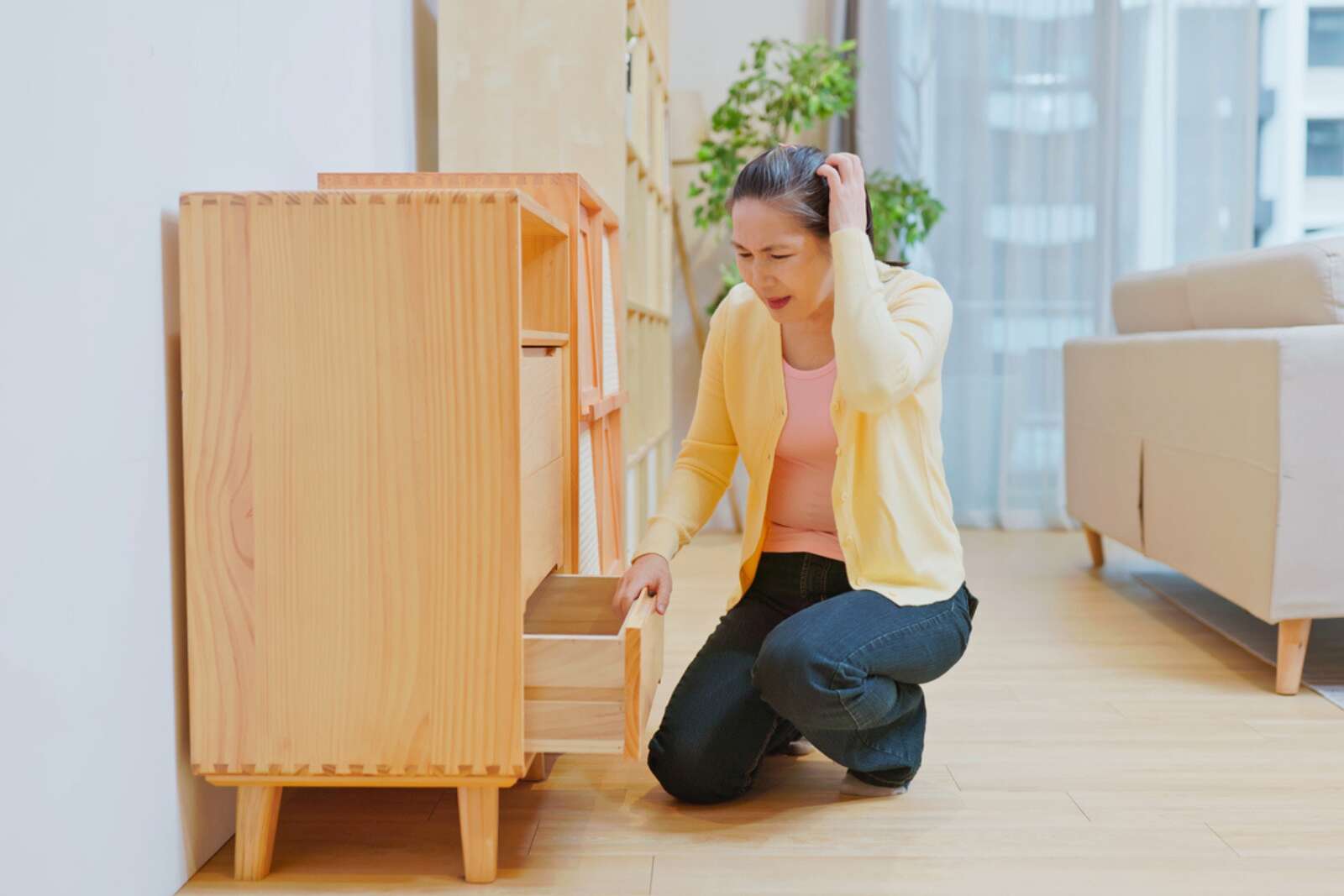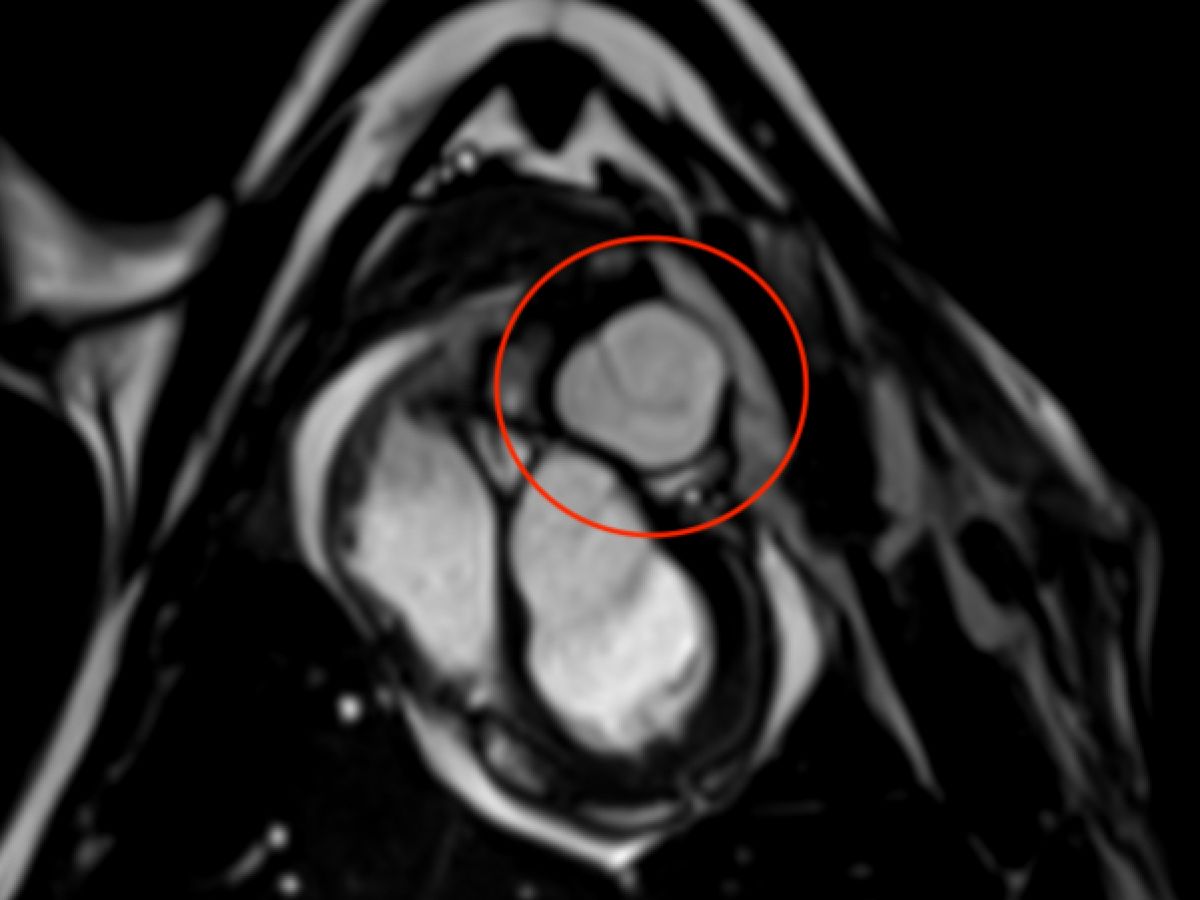Since the beginning of June 2025, more than 100 drowning deaths have been recorded in France. An increase of 58% compared to the previous year. According to Public Health France, the cause: heat waves that have pushed individuals to swim without respecting essential safety rules. To have a peaceful summer, Science and Future offers you the essential article to read before going into the water, whether it's a swimming pool, a lake or the sea.
"A child or an adult who is drowning, we don't hear them."
Swimming among young children is the leading cause of accidental death among children. To prevent drowning, the most important decisions are made before going into the water. Simple decisions, but the impact of these decisions can save lives. A child should never be alone near the water. Never. They must be closely supervised by an adult, meaning within arm's length." explains Jérémie Chaligné, head of education at the French Red Cross. This is active and relentless surveillance. " It is enough to a few seconds for a child to fall into the water and lose awareness. A child – or even an adult – who is drowning, we don't hear them. They don't scream. At the time, there is no signal that a person is starting to drown.. » Hence the importance of constant vigilance.
In addition to this increased attention, children who cannot swim must be equipped with armbands or floatation suits. Buoys are not optimal because they can fall through. As a precaution, it is also wise to remove all toys that float on the water and that could attract the child into the water or make them want to jump in. Learning to swim is a good way to prevent drowning. But even if children know how to swim, it doesn't mean they can go off and do something else. Close supervision is essential.", insists the specialist.
Would you know how to recognize the signs of drowning?
In films and TV series, drownings are often dramatically depicted. This depiction can be misleading. Drownings occur quickly and silently. Would you be able to recognize a drowning? Test yourself with the video below, developed by lifeguards in the United States.
For adults, it is recommended not to consume medication, alcohol or drugs before swimming. This is always true. We might want to say to ourselves, "Come on, just this once..." but it's already one time too many.", warns Jérémie Chaligné of the Red Cross. It is advisable not to swim alone and to stay in supervised swimming areas." In some coastlines, such as in the southwest, where currents and waves are strong, even very good swimmers can find themselves in dangerous situations.. »
First aid in case of drowning
Once the person has been pulled out of the water, we must first check whether they have lost consciousness. We ask them questions like: Can you hear me? If you can hear me, can you shake my hand? What is your name?". We then check his breathing. To do this, we place two fingers under his chin to lift it and tilt his head back. This action clears the airways. We will maintain this position and place our ear near the drowning person's mouth to feel or hear his breathing. At the same time, we look at his chest to see if his stomach is rising.
If the person is breathing:
– The victim is placed on their side, in the lateral safety position.
– Call for help: 112 or 15.
– Breathing is monitored until help arrives. If the person stops breathing, they are resuscitated (see below).
If the person is not breathing: The worst thing is to do nothing.“
If the person is not breathing:
– Start by calling for help: 15 or 112 in Europe. Put the phone on speakerphone.
– If possible, send someone to get a defibrillator.
– Without delay, begin resuscitation: 20 chest compressions then 2 breaths.
– The position for performing cardiac massage: In the middle of the chest, between the two nipples, place one hand flat, the second on top, interlace the fingers. Arms outstretched, elbows locked, body weight on the hands, push the torso down 5 to 6 centimeters with each compression. It does not don't be afraid to put some force into it. The compression rate is 100 to 120 per minute. Think of the Bee Gees' song "Staying Alive" to keep the rhythm going until help arrives.
“ The worst thing is to do nothing.e,” warns Jérémie Chaligné. “ Every minute counts. Studies show that one minute lost means 10% less chance of survival. Emergency medical services can assist you remotely, so don't hesitate to take action.. » The best thing to do is to train yourself in first aid. The French Red Cross organizes events in all of France this summer. It also provides different training courses throughout the year. Actions that will serve you throughout your life.


